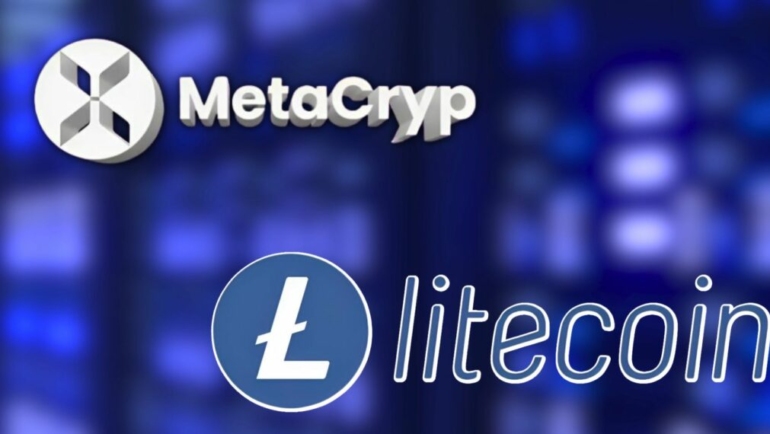
Nigeria accounts for 67% of Africa’s cryptocurrency interests in H1 2023
South Africa which ranked a distant second had an 8.36% interest in cryptocurrencies
Nigeria accounted for “the highest level of crypto interest” in Africa, with a share of 66.8%. This is according to the most recent Coingecko Africa crypto report, The West African country accounts for about eight times more of the continent’s interest in cryptocurrencies than South Africa, which ranked a very distant second.The research also reveals that between January 1 and June 4, no other African nation’s interest in cryptocurrencies rose above 10%. During that time, South Africa which ranked a distant second had an 8.36% interest in cryptocurrencies. Morocco, which imprisoned a cryptocurrency dealer in 2021, is in third place with 5.43%. ghana followed closely with 5.24% while Egypt, which is experiencing inflation, rounds out the top five with a crypto interest rate of 2.74%.Coingecko’s most recent data confirms Nigeria’s position as Africa’s top crypto nation regarding user interest and traded volumes. The survey cites several variables, including low traditional banking infrastructure, rising inflation, and currency depreciation as factors contributing to Nigerians’ unmatched interest in cryptocurrencies.The results also indicate that just eight nations showed an interest in cryptocurrencies greater than 1%. The findings showed that of the examined African nations, South Sudan, Sierra Leone, and Mozambique showed the least interest in cryptocurrencies.
Africans’ interest in cryptocurrency dates as far back as 2019 when the crypto market was on a bullish ride. After suffering a period of slump along with a general decline in global crypto prices, the interest, however, appears to have increased in the first quarter of 2023.
Crypto regulations in Africa contributing to interestThe instances of unmitigated catastrophes in the crypto space have provoked authorities in several African countries to introduce regulations that will guide the operation of cryptocurrency platforms. One such country is South Africa.According to a Bloomberg article, South Africa’s financial authority announced that all cryptocurrency exchanges operating there must apply for licenses by the end of the year.According to Financial Sector Conduct Authority (FSCA) commissioner Unathi Kamlana, the organization has received about 20 license applications since its recent warning and anticipates receiving more before the deadline of November 30.
According to the report, Kamlana also stated that the regulator aims to take “enforcement action,” which may include fines or the closure of noncompliant businesses if cryptocurrency exchanges continue to operate without a license after the deadline.According to the report’s citation of Kamlana, establishing a regulatory framework for cryptocurrency goods is a prudent course of action, given the possibility of serious harm to financial clients.
He also acknowledged the need for time to assess the impact of the measures and pledged continued cooperation with the sector to develop and bring about the required adjustments. With this move, South Africa becomes the first nation on the continent to require licenses for digital asset exchanges, as regulators and legislators worldwide continue to tighten industry rules.The action impacted several significant trading platforms with South African roots. Notable among them is Luno, owned by Digital Currency Group, and VALR, financed by Pantera Capital. International platforms operating in the country like Binance, will also require permits.An FSCA representative stated that, except for crypto miners and NFT service providers, anyone offering financial services involving crypto assets must get authorization.The competent authorities may take regulatory action if these criteria are not met, which translates to a breach of the law. With the help of an “inter-governmental FinTech working group” of significant financial industry regulators and decision-makers, such as the National Treasury and the South African Reserve Bank, the FSCA has been involved in crypto and fintech regulations. However, there have been no reports about crypto regulations in some other African countries.


